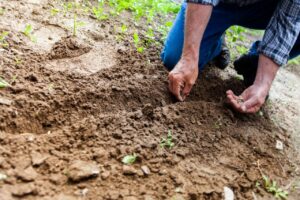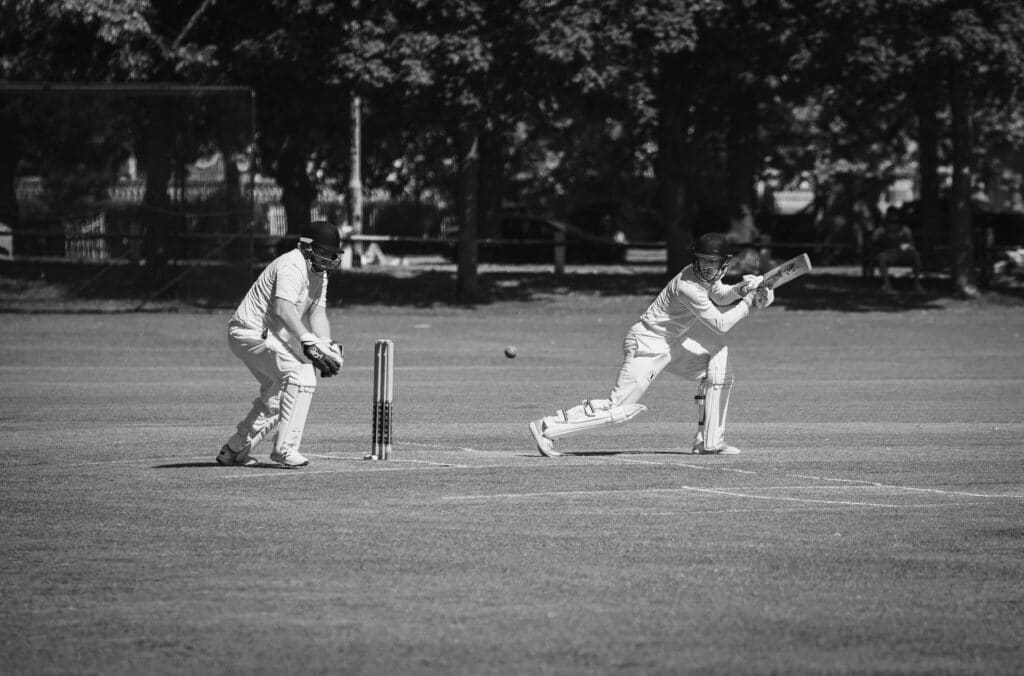Don’t hurt your back this summer
What we’ll cover
Don’t hurt your back this summer
Don’t hurt your back this summer. With summer holidays almost here, many of us will be spending time becoming more active around the house and garden. I think all of us have experienced a stiff or achy back following time in the garden. Depending on what you have done, symptoms can even include acute sharp pain and muscle spasm.
If you are a keen gardener or consider yourself handy around the home, it is important that you take measures to look after your back. Try the following tips to prevent back pain this summer.
Warm Up:
Extra work around the house or garden often places the body into positions that it is not accustomed. If you usually spend your day sitting in front of a computer or in a sedentary posture, a sudden increase in loading and twisting can place stress and strain through the vertebrae, discs and ligaments around the spine
Housework or gardening is no different to exercise or sport. Stretch and warm up before gardening or housework. This will prepare your spine for the work ahead and will help prevent injury.
Before getting into the garden, try standing with your shoulders shoulder width apart and gently lean side to side prior to gardening. Gentle back arches can also be a great warm up exercise prior to getting into the garden.
Get Fit:
Having good muscle tone, fitness and flexibility significantly reduces the likelihood of back-pain. A regular exercise program which incorporates core strength, resistance training and cardiovascular fitness will help keep your back and spine healthy. Strength training and clinical pilates are great ways to improve your fitness in a safe and effective fashion.
Physiotherapists are experts at providing a safe and effective individualised exercise program.
Be careful when bending:
Prolonged or repeated bending overloads the lower parts of the spine. Where possible, try to perform activities between waist to chest level. Try placing pots on the bench to do re-potting rather than having pots on the ground or in a low position.
If working below knee height, use a small stool to sit on rather than bending from the spine. Kneeling is also an alternative to sitting if hip and knee flexibility is sufficient. Knee pads or kneeling mats can reduce the pressure on on the knees.
Take micro-breaks every 15 minutes. Prolonged postures can place irregular forces through the spine. Breaking it up by standing upright regularly can assist to unload pressure through the vertebrae and reduce intervertebral pressure.
Be careful when lifting:
Lifting can also overload the spine. Do not attempt to lift heavy objects on your own. Use a lifting device like a trolley if possible.
If you do try and lift, keep your back straight, your bottom pushed out and use your legs to do the work. Engaging your core by drawing in your belly button can assist. Avoid stooping over and try and stand as close as possible prior to lifting. Minimise lifting and twisting, instead take small steps rather than rotating whilst holding a weight.
Monitor sitting:
Sitting has been shown to increase pressure and force through the discs in the lower spine. Slouching or sitting in softer chairs such as the car or sofa places further pressure through the discs.
Minimise or avoid sudden or heavy lifting after you have been sitting for prolonged periods. For example, lifting luggage out of the car following a long car trip can significantly place your back at higher risk of injury.
Similarly, prolonged sitting after heavy work can cause problems. If you have spent time gardening or doing strenuous housework, try standing or lying rather than sitting for the first hour or so.
Visit us for a check-up:
Visiting our expert team of physiotherapists for a check-up will determine whether you have adequate flexibility and muscle control. Assessment can provide pre-screening to identify any underlying issues that may lead to injury. Improving this can greatly improve your spinal health. Our team are highly trained to assess and treat any underlying issues that may hamper your gardening or DIY work this summer. Your physiotherapist will also provide a range of simple exercises to reduce the likelihood of injury this summer.
Try our top tips to help keep you active and prevent back pain this summer. However, if you have hurt yourself this summer, our team at Malvern East Physiotherapy will be open throughout this Christmas and New Year period.
Book online or call us on 9571 6888.


